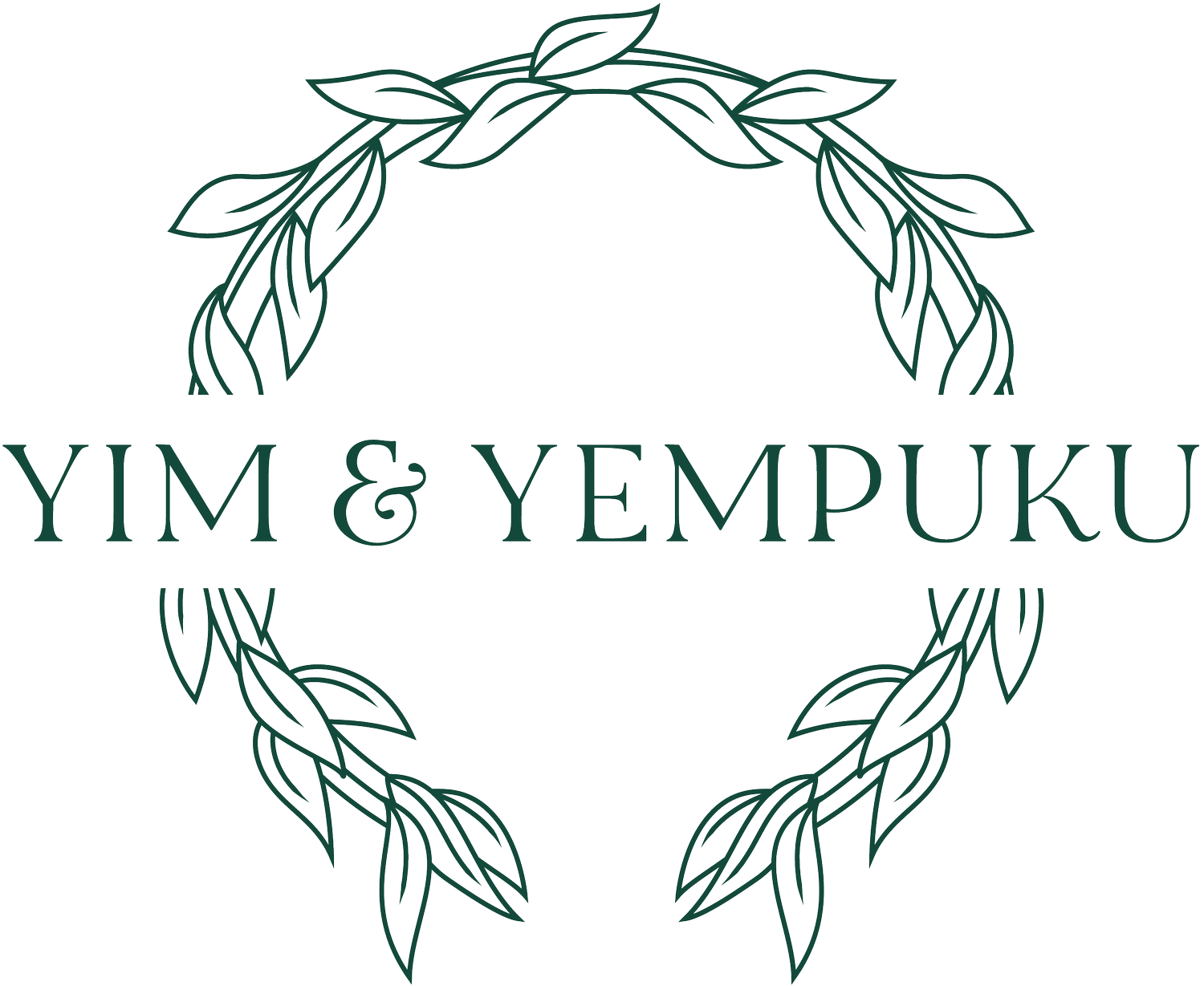Advanced Care Planning
I recently appeared on KITV's Aging Well segment to speak about Advance Care Planning. For those of you who are new to Advance Care Planning I wanted to give you a little more information.
What is advance care planning?
Advance Care Planning provides each and every one of us the opportunity to make informed decisions about end of life care, to help communicate these decision to loved ones and health care providers, so that our choices can be honored and respected.
Medical care has advanced so much that it can keep one alive indefinitely, far beyond what a person might feel is quality of life. We're not dying from the same things we used to die from like catastrophic sudden events. Because of the advance of medicine, we are dying from lingering chronic illness. This adds complexity to end of life care, and makes it that much more important that we are intentional as to our wishes.
Sadly, statistics reveal that about 30% of people make an end of life decision. And, only 30% of these choices are honored and respected.
This means that about one in fifteen choices are honored and respected. Because of this, family relationships are often strained, and surviving family members experience guilt, anxiety, and depression in feeling that they had to make the decision to either end or prolong a loved-one's life.
We want to get to know everyone's values about end of life medical treatments, and honor these. To do this, we must start early on to normalize this as a systematic, uniform, process where the entire community gets involved, to make it become a ritual - part of the planning process. Helping people make an informed decision about what quality of life means to them, to help them communicate this to their loved ones, so that we can honor and respect their decisions. And because life changes, we must treat this as a process so that we take a look every now and then.
This is Advance Care Planning.
What benefits does advance care planning offer?
We must move from form-based, "check the box" planning to client-centered, process-oriented, and value-driven planning.
If you are fortunate enough to make an end of life decision, you will usually be asked a quest like, "If you were in a coma and going to die soon unless you were put on a respirator, would you want to be put on a respirator, A or B?"
Whatever you choose, it really doesn't reveal anything about what quality of life means to you. No one's life is an A or B multiple choice question. Everyone's life is unique, textured, and dynamic. We must mirror this in our planning.
In communities where the switch is from form-based advance care planning to client-centered, process-oriented, and value-driven planning, the statics are remarkable. Over 95% of people make an end of life decision, and over 95% of those choices are honored and respected. Guilt, depression, and anxiety are greatly reduced. And while we don't like to talk about money, the cost of unwanted medical procedures goes way down.
How can one take advantage of advance care planning?
While a recent survey shows that about 7 out of 8 people believe we are going to die one day, I think they are wrong. I think we are all going to die one day. I am reading a book called "Staring at the Sun: Overcoming the Terror of Death" by Irvin D. Yalom. The book is about our unique human awareness of our own mortality. The author contends that if we take a look at our death anxiety, we can have a better life. I believe this as well.
Since we are all in this together, one of our roles as estate planning attorneys is to walk together with our clients and "stare at the sun" every once in a while. And because we all share this common experience, we need to make this a community effort.
I'd like to leave you with this quote from Dame Cicely Saunders, found of the Hospice Movement:
"You matter because you are you, and you matter to the last moment of your life."
If you would like to watch the segment of Aging Well, please follow the link below:
http://www.kitv.com/clip/12368047/aging-well-advance-care-planning

